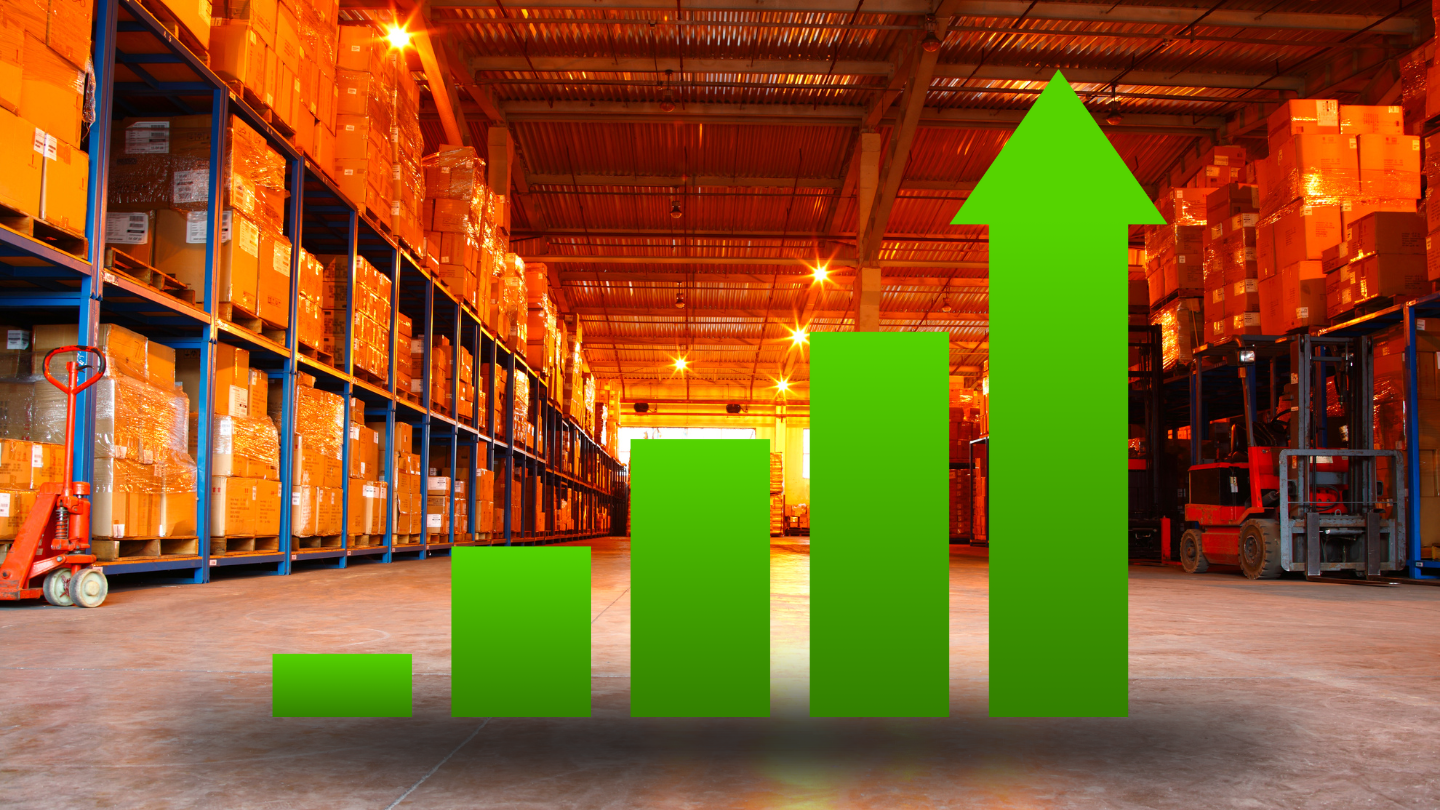A successful supply chain requires consistency every step of the way. Logistics management is a fundamental part of smoothing out the entire process, from receiving materials for manufacturing to sending out products and ensuring they arrive in customers’ hands in good condition. There are four key types of logistics that require attention in order to attain and sustain distribution success:
Procurement Logistics
- Procurement is all about inventory control and planning:
It is important to anticipate supply and demand and be ready for unforeseen fluctuations. Through creating intelligent, streamlined processes and systems, this type of logistics will help to ensure a continuous supply of goods in your supply chain.
- Each industry and individual company requires a customized approach:
While some may benefit from a safety stock or from a just-in-time approach (ordering and assembling supplies on an order-by-order basis), others may need to be more analytical, anticipating their manufacturing needs to sustain success.
- Insufficiencies and surplus goods are inevitable:
Soundly executed procurement logistics will help to organize inventory in such a way that these problems can be solved with ease.
Manufacturing Logistics
- Successful manufacturing requires optimization of all processes collectively:
Manufacturing logistics is about managing how raw materials, or distribution supplies, come out the other end as a finished product. It is important to synergize each step in the process and not just focus on optimizing each task individually.
- Successful logistics will minimize your manufacturing or assembly time:
Whether you choose a make-to-stock or make-to-order system, the main objective of manufacturing logistics is to reduce the amount of time it takes from the moment of order to product completion. In other words, successful logistics will result in reduced lead time.
- This type of logistics also tackles packaging:
Successful package unitisation is a balance between aesthetics, storage efficiency, and the ability to maintain product quality.
Distribution Logistics
- Distribution is one of the most complex and costly parts of a supply chain:
Customer satisfaction is not only cultivated through receiving quality products in good condition but also getting them on time. These logistics are all about adhering to your promised lead time through organizing the loading, unloading, transportation, and tracking processes.
- Similar to a GPS, distribution logistics provide the best route:
The distribution process should commence as soon as manufacturing is complete. This can be done in one of two ways, either by sending merchandise directly to customers or by transporting it to a wholesaler or retailer who will pass it on. Distribution logistics help to find the most efficient route.
- Accountability is crucial along the way:
In case of an accident, this type of logistics also deals with tracking your merchandise, as well as how it is handled and by whom.
Reverse Logistics
- It is important to plan out exactly how you will recover products and manufacturing materials:
Reverse logistics deal with returns and refunds, recycling and waste management, and recovering materials and supplies from the production process for further use. They are all about maximizing efficiency and minimizing environmental impact.
- While your customers and the planet certainly require care, so does your bottom line:
While waste and reverse logistics have to do with either reusing materials or eliminating them in an environmentally safe way, returns logistics are about satisfying customers without expending extra resources. Especially now that e-commerce has taken center stage, this has become a crucial focal point.
- Successful implementation of reverse logistics means it won’t interfere with other warehouse operations:
Reverse logistics must be planned carefully, ensuring that they will not only be carried out effectively but will also not create snags in other supply chain processes.
How 3PL Can Help
Optimization of all procurement, manufacturing, distribution, and recovery processes takes experience, skill, and creativity. Outsourcing your logistics to a third party will make it a whole lot easier to tackle every nuance so you’re never out-of-order or over budget. Sequoia’s standout 3PL solutions offer actionable insights into all aspects of your supply chain, allowing it to thrive and adapt while you focus your attention on growth and customer satisfaction.



